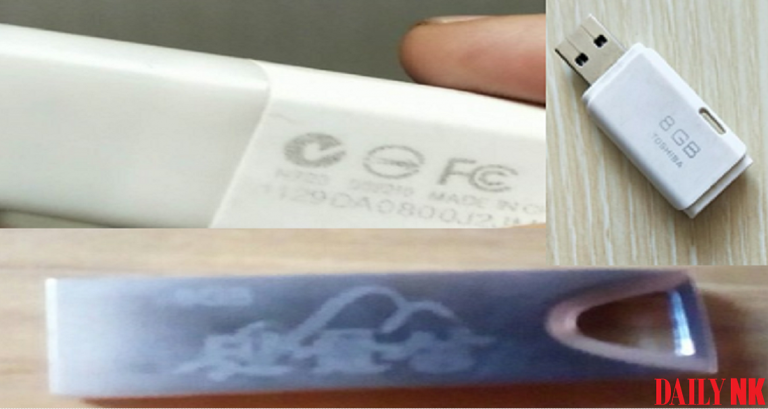
USBs and SD cards have replaced the use of CDs in becoming the primary data storage devices favored by North Koreans wanting to share media content.
USBs began permeating North Korea in the mid-2000s, but were expensive and had limited memory storage. The circumstances changed with the arrival of cheap, high-capacity USBs coming in from China.
As access to outside information has increased, so too have efforts by the North Korean authorities to thwart proliferation. The regime is particularly sensitive to the spread of South Korean cultural content despite its external pivot to warming ties with its southern neighbor.
The continuing crackdowns and harsh penalties make it all the more critical that North Koreans sharing contraband media do so discreetly.
“In the past, if you were watching something on a disc and the police shut down the power and barged into your house, you couldn’t get out of an arrest because the disc would be stuck in the player. But with USBs, you can pull it out of any device and hide the evidence,” a source in Ryanggang Province said.
“SD cards are even more discreet and convenient, especially for watching banned media content on [North Korean] mobile phones [for those familiar with ‘signature system’ overrides], making them the most popular storage device among the country’s youth.”
According to the source, a 4 GB USB currently sells for 5-6 USD in the country’s markets, while the 8 GB and 16 GB varieties go for approximately 7-8 and 8-9 USD respectively. All are manufactured in China.
“The USBs sold at the markets these days are small and can hold tons of movies and shows. Discs are considered outdated now,” a separate source in Ryanggang Province said.
“People who have gone to China [on a personal travel visa] or abroad as a contract laborer come back with tons of USBs packed with movies and share them with their social circles. Young people use SD cards to exchange photos, videos, and video games.”
A source in South Pyongan Province confirmed this trend, noting that across the country at the largest wholesale markets, including Pyongsong Market in her region, vendors are selling USBs preloaded with South Korean programming content, which university students often buy in bulk to resell for cheaper prices.
A source in North Hamgyong Province added that the proliferation of contraband media like South Korean dramas has become much more widespread with the advent of USBs and SD cards–and not just among ordinary residents.
“When law enforcement agents confiscate someone’s USB, they often copy the banned content for themselves after the raid,” he concluded.

















